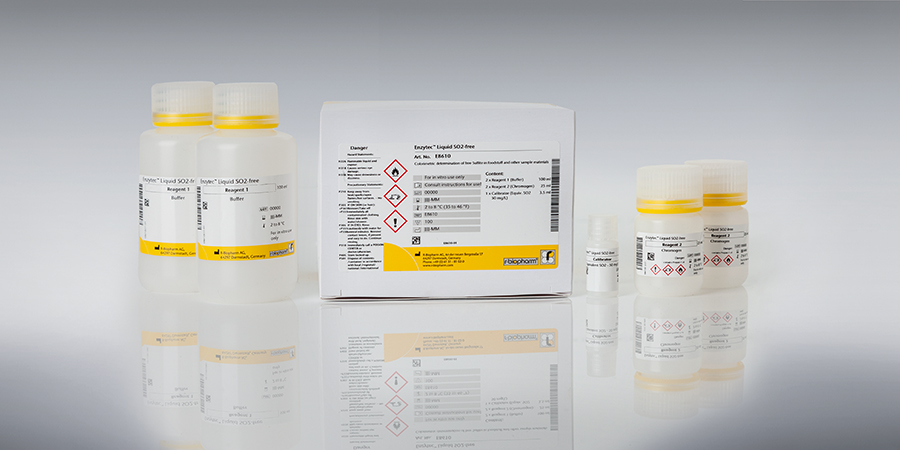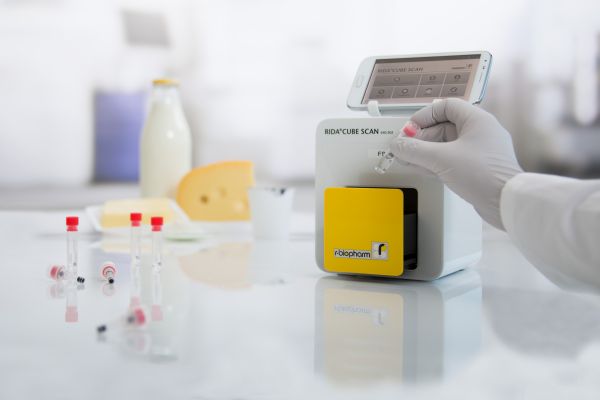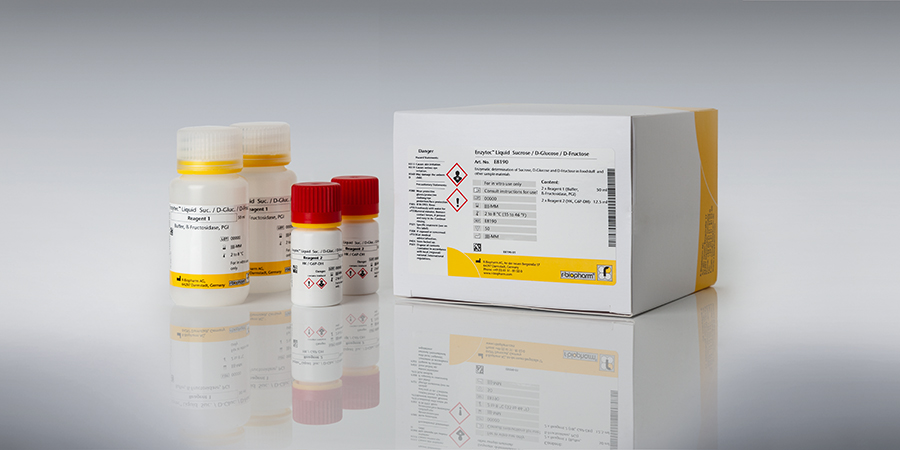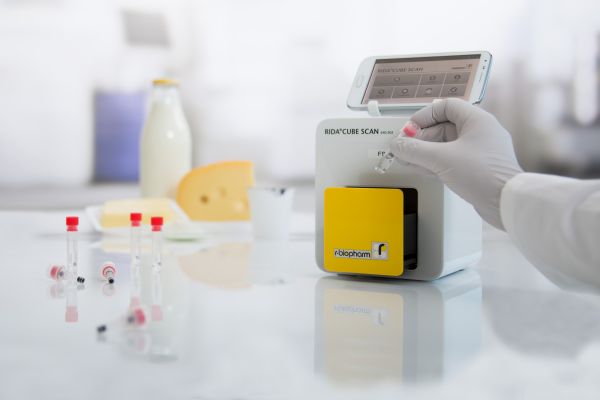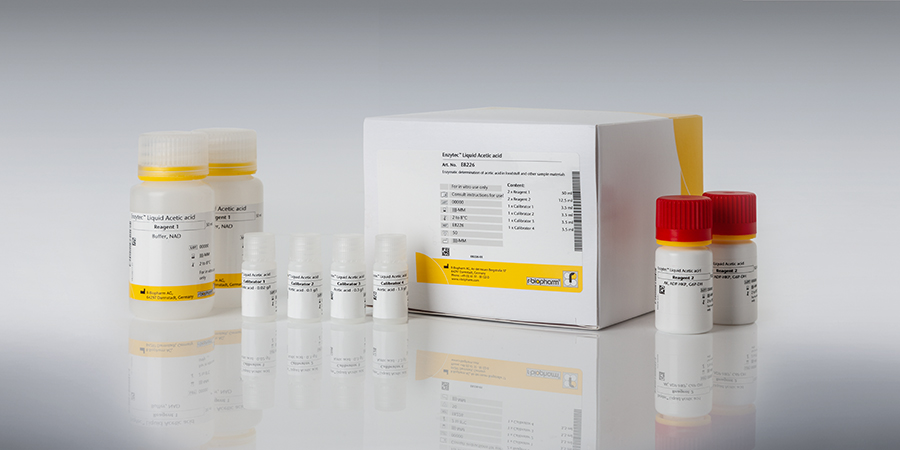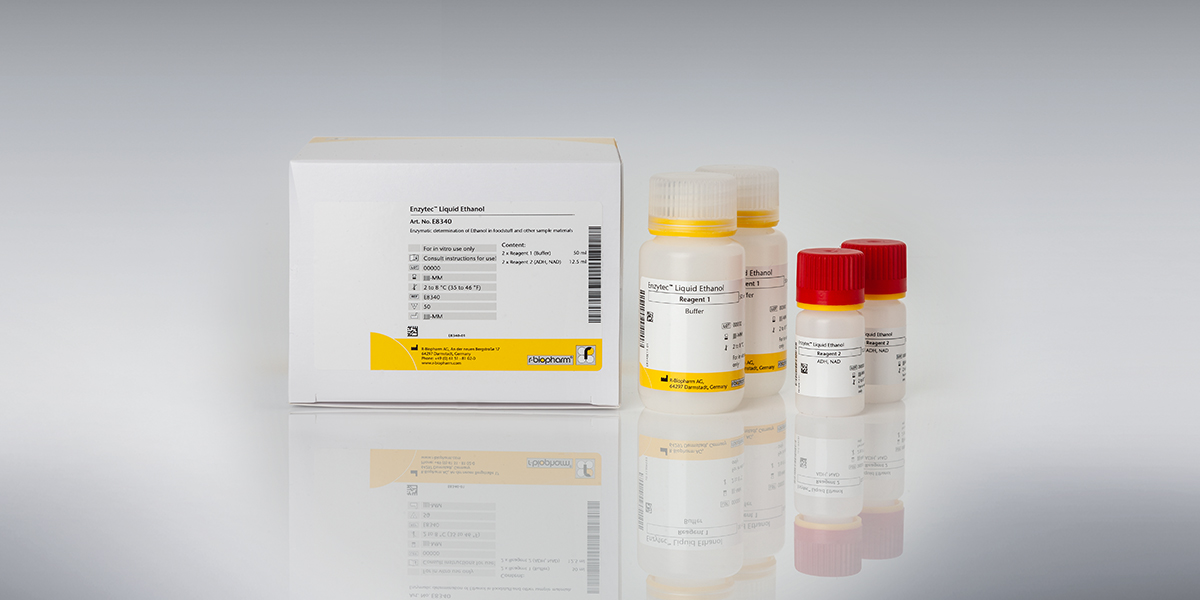
Recent news in Food & Feed Analysis
- Home
- /
- The wine cellar in...
The wine cellar in winter – What is happening during the coldest months of the year?
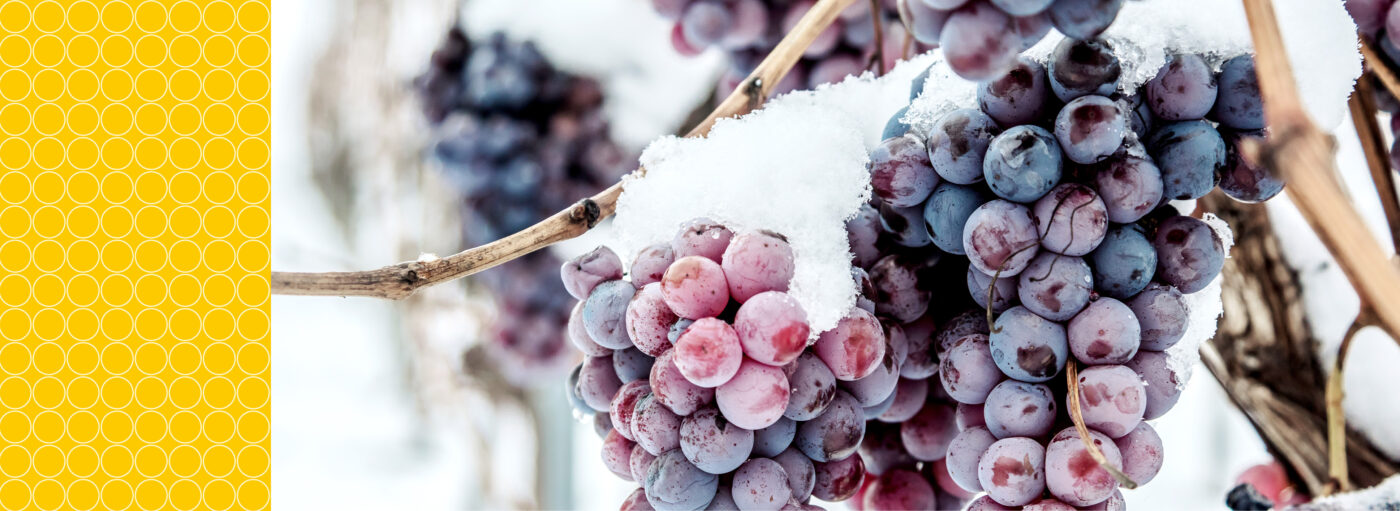
While in the vineyards, the winter pruning is ongoing, in the cellars the fermentation processes are slowing down or are coming to an end.
The young wines either remain on the lees (yeast) for a while or are moved to new tanks or wooden barrels.
Some white wines are already prepared for bottling. Before bottling, you have to make sure the wine is stable. Here are some typical pre-bottling wine key parameters, which are taken into consideration:
- Free and Total Sulfur Dioxide Concentration: As the free SO2 level can decrease rapidly, it is usually measured and adjusted prior to bottling.
- Residual Sugar (glucose, fructose, sucrose): These major sugars impact on flavor and are the main food source for microbes – knowing the correct level is therefore important
- Volatile Acidity: the level of volatile acidity in wine is specified by law and varies from country to country. Likewise, it is also a measure of spoilage by the aerobic acetic acid bacteria (AAB).
- Alcohol Concentration: Principally due to taxation and labelling considerations, this parameter needs to be accurately known at the bottling and labelling stage of wine production.
Several of these main parameters are tested throughout the winemaking process, at least up to the point where it is bottled. Furthermore, when exporting wine, it is crucial to know and adjust the wine specifications where required, according to that country’s regulations.
How we can support you
The range of R-Biopharm’s enzymatic test methods makes wine analysis accessible to wineries and wine laboratories of all sizes, efficiently ensuring the quality and consistency of wine through fast, cost-effective and reproducible testing for sugars, acids, alcohols and more at every stage of production.
The simplest approach is to test with enzymatic methods such as using our Enzytec™ Liquid test kits. Our innovative tests offer the following advantages for reliable analysis:
- All kits consist of liquid-stable reagents, almost all in the established 2-component format
- Ready-to-use reagents – no need to dissolve tablets or prepare dilutions
- Suitable for manual as well as automated processing with almost any biochemical analyzer
- Developed and manufactured in Germany
- Exclusive use of high-purity and highly specific enzymes
- Long shelf life (> 24 months from production) up to the last drop of reagent
- Wide measuring range
The simplicity of the reagents for automation can also be transferred to smaller devices. . The RIDA®CUBE SCAN works with single-test cartridges and the same liquid, ready-to-use reagents. This portable analyzer performs all required analysis steps; the user merely has to pipette the sample into the tube and insert it into the instrument. After only 15 minutes, the results are shown on the display. This automated “walk away” system is a very convenient solution and therefore particularly interesting for enologists and small laboratories or wineries with a lower sample throughput. Due to its compact size, the analyzer is easy to carry and therefore suitable for on-site analysis – and still, the system is as precise as large-scale biochemistry analyzers.
Especially for wine producers and wine cooperatives who want to test directly on site, this results in significant advantages for the user:
- Cost savings: carrying out a test in-house is much more cost-effective than sending it to an external laboratory.
- Fast turnaround time: our wine tests provide results in just a few minutes, so you can respond in real time – as opposed to waiting 2-3 days for results from a laboratory.
- Flexibility: with a testing facility at your own winery, you can test as often as needed, not just at crucial stages of production, to analyze samples within the same vintage or between different batches.
Sterility before bottling
Microbial stability another important parameter to consider. Especially for the wines bottled unfiltered, it is a crucial measurement, in order to e.g. avoid post-fermentation in the bottle as well as off-flavor production. Our new GEN-IAL® QuickGEN PCR Kit Yeast universal is ideal as quality check before bottling.

